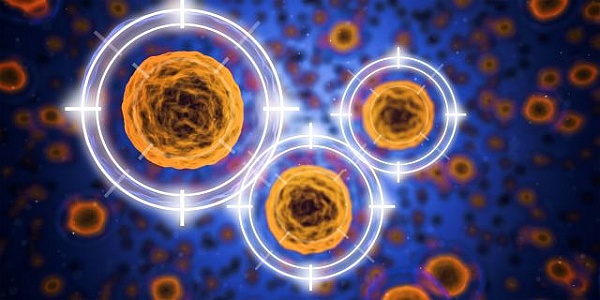According to BBC, the Department for the Environment, Food and Rural Affairs (Defra) has started testing at 44 wastewater treatment sites across England.
The government is working closely with the scientists, water companies and the devolved governments in Scotland, Wales and Northern Ireland to gather fragments of coronavirus genetic material in these sites.
Environment Secretary George Eustice said: “The aim of this new research is to give us a head start on where new outbreaks are likely to occur.
“Sampling is being carried out to further test the effectiveness of this new science. Research remains at an early stage and we are still refining our methods.”
Dr Andrew Singer from the UK Centre for Ecology and Hydrology is one of the lead scientists on a UK project to develop a standardised test to “count” the amount of genetic material from the coronavirus in a wastewater sample.
YOU MAY LIKE TO READ: Sewage Surveillance : Covid-19 Traces Found In March 2019, Spanish Study Shows
Scientists discovered early during the pandemic that infected people “shed” the virus in their faeces. Further research concluded that wastewater sampling could provide a signal of a coronavirus outbreak up to a week earlier than medical testing.
“Monitoring water resources, including wastewater, has always been very important,” says Birguy Lamizana, a United Nations Environment Programme (UNEP) wastewater expert. “This has became even more important in the context of the COVID-19 pandemic.”
Experts also worry that without monitoring, medical waste contaminated with COVID-19 may find its way into sewer systems and municipal water supplies. There are concerns as well that coronavirus-tainted refuse from slaughterhouses and animal markets, including manure, fur and blood, could spark outbreaks of the disease.
“During the COVID-19 health crisis it’s important to treat waste management, including medical, household and other hazardous waste, as an urgent and essential public service to minimize possible secondary impacts on health and the environment,” says Lamizana.
Novel coronavirus was also detected in sewage in India. A recent study by a group of researchers in Jaipur had shown the presence of SARS-CoV-2 viral genome in untreated wastewater samples from the municipal wastewater treatment plants (WWTPs) and hospital wastewater.
YOU MAY LIKE TO READ: COVID-19 Transmission Risk Via Sewage “must not be neglected”: Scientists
In England, the scientists will “monitor for fragments of coronavirus genetic material.” “The aim of this new research is to give us a head start on where new outbreaks are likely to occur,” Environment Secretary George Eustice said.
“Sampling is being carried out to further test the effectiveness of this new science. Research remains at an early stage and we are still refining our methods,” he said.
Dr Andrew Singer from the UK Centre for Ecology and Hydrology told BBC News: “We would like to have confidence in saying that when we have an increase in virus numbers in the sewage from week to week, there are higher number of coronavirus cases. “That means we will be able to look for trends…. to see if the release from lockdown maintains infection levels or are things moving in the wrong direction.”











